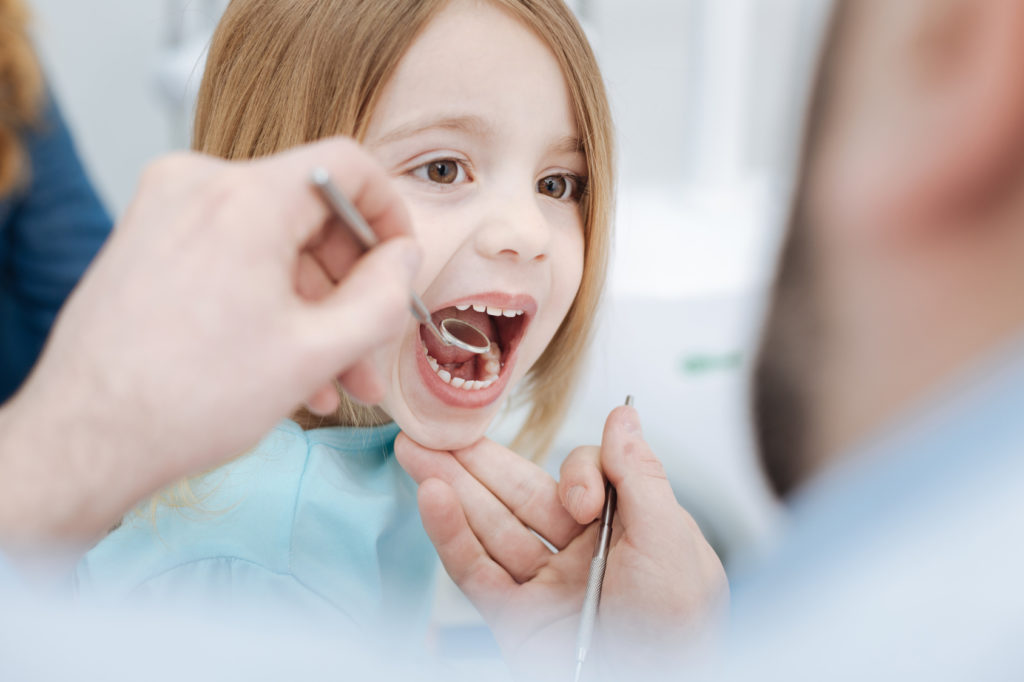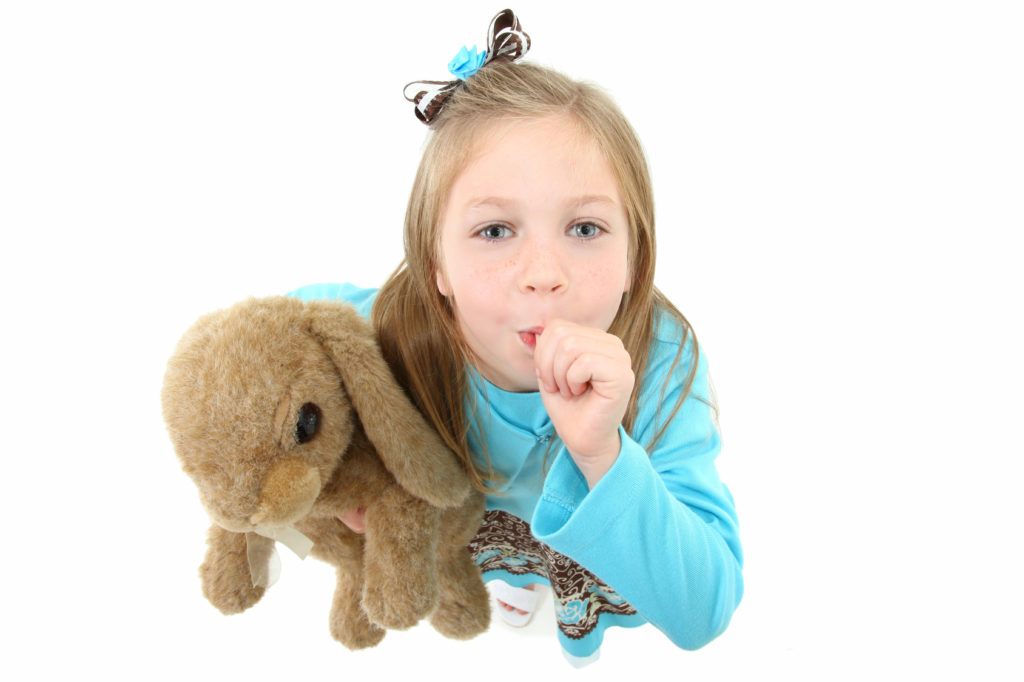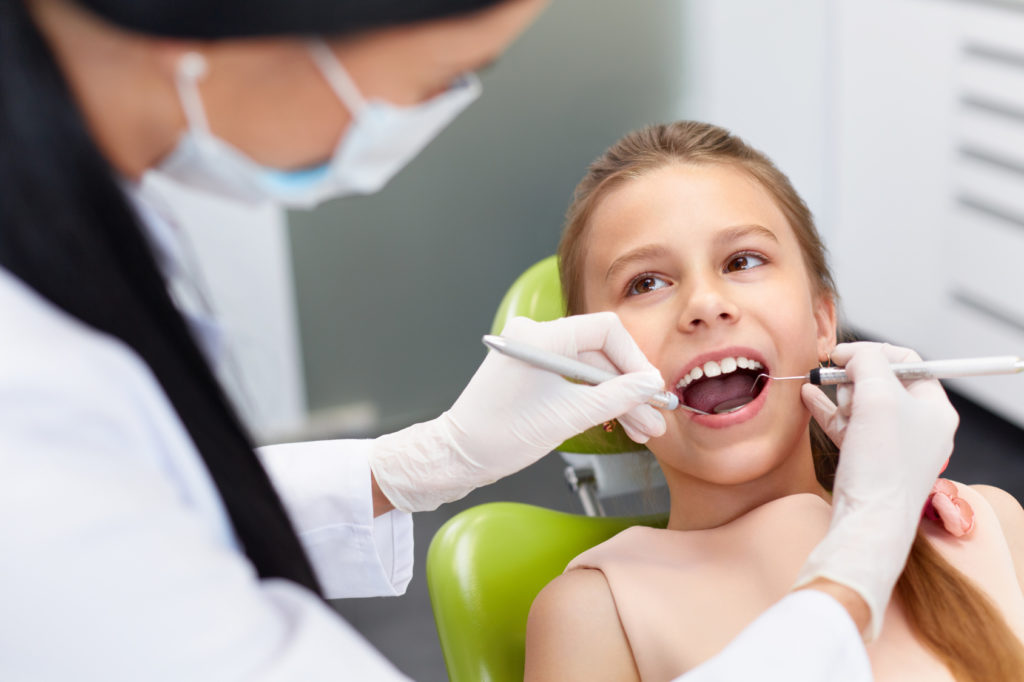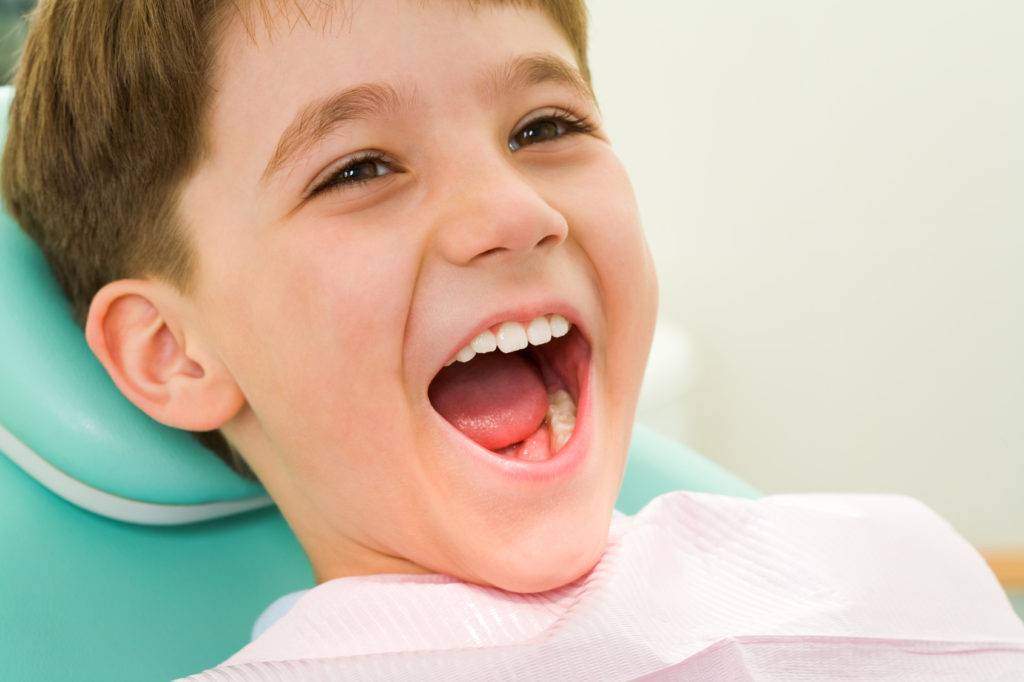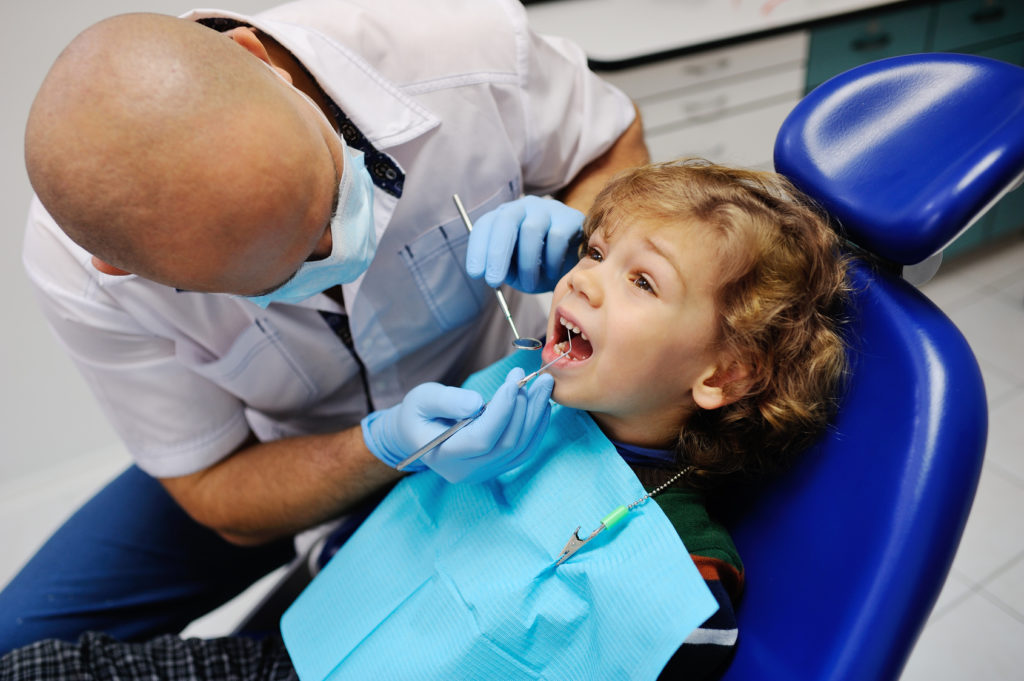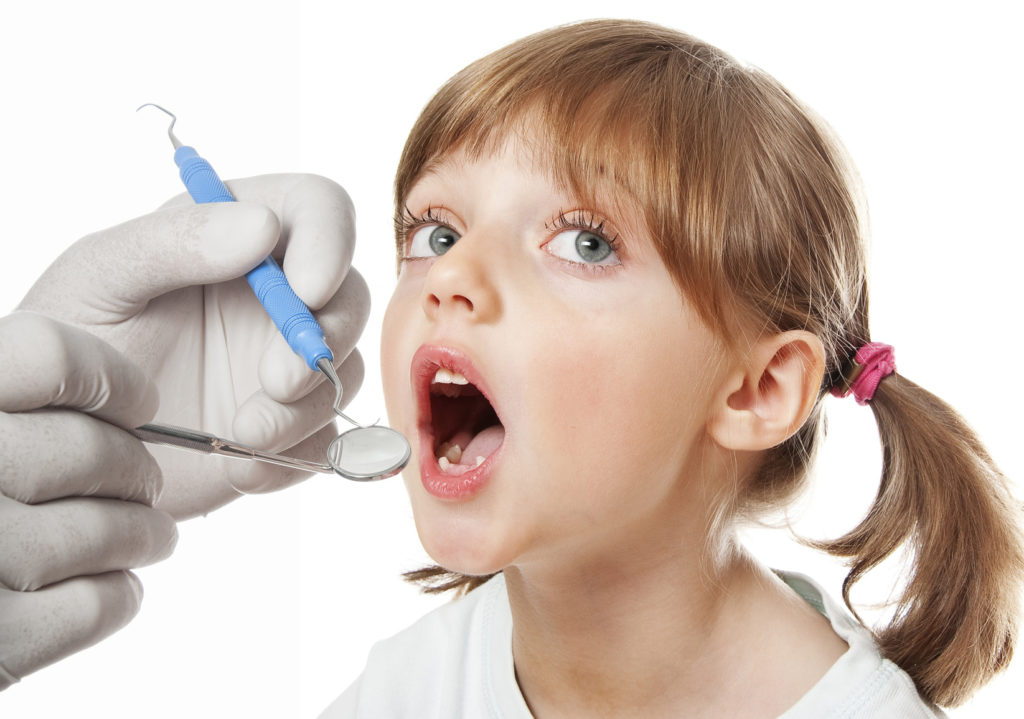If your child is sick, their pediatrician may prescribe medicine to alleviate symptoms or knock out a bacterial infection. There will likely be information available as to possible side effects or interactions with other drugs, but there might not be any information about potential effects of that medication on their dental health. In this article, we take a brief look at the most commonly prescribed medications for children, and how these medications can affect your child’s dental health.
How to Keep Your Child’s Toothbrush Clean
As a parent, you’re probably concerned about keeping your child healthy. With all those things you might worry about — like air and water quality, sick kids at school and babies putting dirty objects in their mouths — fretting about your child’s toothbrush is probably not at the top of that list. But did you know that an average toothbrush might contain 10 million bacteria?
We often do things out of habit and don’t even think about them. For example, you probably store your family’s toothbrushes on or near the bathroom sink, which, in most bathrooms, is close to the toilet. Do you always close the lid before you flush? If not, bacteria from toilet spray can settle on nearby surfaces, which might include your toothbrushes. Yikes!
Grinding Teeth: How to Break Your Child’s Bad Mouth Habits
Did you know that 15% to 33% of children grind their teeth? Fortunately, this is mostly done when their baby teeth and permanent teeth are coming in, and children typically stop grinding before it becomes a serious problem. However, some kids continue to grind their teeth, and if that occurs, it needs to be addressed. So, what are the dangers and how can you stop a child from grinding their teeth?
How Can Thumbsucking Affect Your Child’s Teeth?
Many young children suck their thumbs. Childhood thumbsucking is a natural reflex, and whether they suck on their thumbs, other fingers, pacifiers or other object, it may make babies feel happier and more secure. But when does thumbsucking become a problem? And how can thumbsucking affect your child’s teeth?
How to Prevent Gingivitis
If you notice any redness in your child’s gums or they’re complaining of soreness, it may be an early sign of gingivitis, the first stage of gum disease. But even before symptoms appear, a child may be at risk of developing this dental problem, which is why preventative care is so very important.
Top Foods That Damage Teeth
Keeping your child’s teeth healthy isn’t an easy job. Even if your family practices healthy dental hygiene, with daily brushing and flossing plus regular trips to the dentist, there are other factors at play. Diet plays an important role in dental care from an early age. There are certain foods such as leafy greens and cheese (which both contain calcium) that support healthy teeth. But are there foods you should watch out for? Here is a list of the top foods that damage teeth. The list is quite similar to “top foods that children love to eat,” but we’ll also suggest healthy alternatives!
[Read more…]
What Should I Do After My Child Experiences a Tooth Fracture?
As many precautions as you take with your kids, a chipped or broken tooth is quite common, especially among toddlers just learning to walk or preschool children engaged in vigorous play or sports. It might not even be rough play, but just a chewed piece of ice or biting into a piece of hard candy can ultimately cause some damage. There are many kinds of injuries to the tooth that can occur, from a minor chip to a fracture (a cracked or broken tooth). It might happen to one of their baby teeth or to a permanent adult tooth.
[Read more…]
Missing Baby Teeth: What It Means and Why Parents Shouldn’t Panic
The arrival of your baby’s first teeth is an important milestone in their development. It’s understandable that a parent may become anxious if months pass and there’s no sign of those little chompers. However, there are several reasons why there may be a delay, and the age at which a child’s primary teeth (baby teeth) arrive can greatly vary. If your child’s teeth are coming in slowly or you’re noticing missing baby teeth at an age when other children already have theirs, don’t panic! Read why this might be the case and what you can and should do about it.
[Read more…]
5 Tips to Prevent a Toothache
No parent wants to see their child suffering from the pain of a toothache. Besides making a young child miserable and uncomfortable, a toothache can indicate a more serious dental problem. As explained by the American Academy of Pediatrics on their HealthyChildren.org blog, a childhood toothache might be more than just a stuck piece of food. It may indicate tooth decay, cracked enamel, gum disease or a dental abscess. The American Academy of Pediatrics and the American Academy of Pediatric Dentistry (AAPD) recommend these 5 tips to prevent toothaches.
[Read more…]
 Directions
Directions
